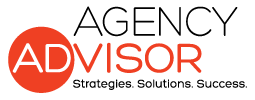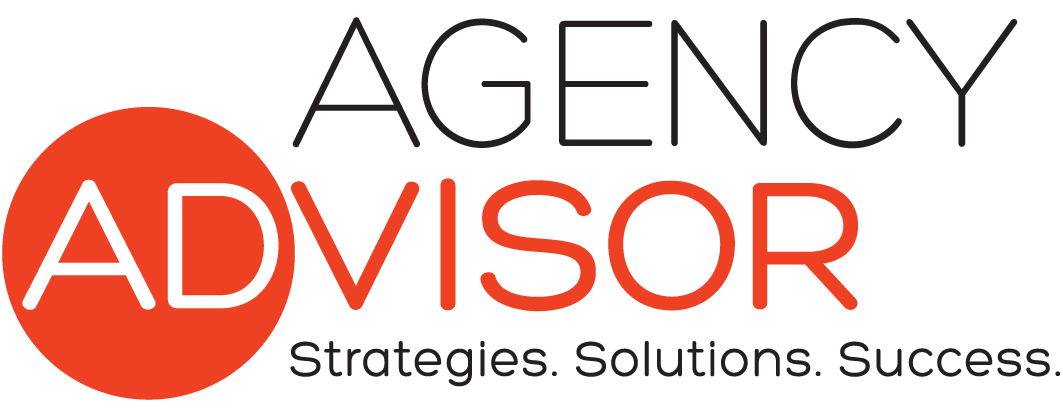Clichés are defined as overused phrases or ideas. The do have their place in business and professional writing. They are not always a bad thing because sometimes they just – work.
In Advertising, saying a lot with a little tends to work best. So, we use clichés to quickly communicate a common idea.
But, when phrases become so over used, they not only begin to lose their meaning and emphasis, but can actually become white noise or worse – a distraction.
Avoiding the worst of the worst clichés helps your creative to stay fresh, contemporary and meaningful. With that in mind, here are some examples of the most troublesome offenders I see most often.
“Outside the box.”
In reality, thinking outside the box is like being inside a black hole of the universe. It is a vacuum with nothing to feed creativity. If you want your client to know you for your original thinking, Seth Godin has a great idea to think on the edges of the box. If you are on the edges of the box, you can see the clutter inside the box and the unexplored area outside the box.
“This is a 360-degree campaign.”
You do realize that when you do a 360, you wind up right where you started? Even if you say the campaign will result in a 180 degree turn, you are only stating that they will be headed in the opposite direction from where they are now.
If your intent is to tell the client the campaign is designed to increase their sales, say that.
“We wanted to do something impactful.”
Let’s consult Urban Dictionary on “impactful”: “a nonexistent word coined by corporate advertising, marketing and business drones to make their work sound far more useful, exciting and beneficial to humanity than it really is.”
Let’s consult Urban Dictionary on “impactful”: “a nonexistent word coined by corporate advertising, marketing and business drones to make their work sound far more useful, exciting and beneficial to humanity than it really is.”
Is this really the kind of impact you are trying to make? You may find you have more impact if you choose a better – and real – word!
“One-stop shop”
One-stop shop began in the United States in the 1920 – 1930’s. It’s purpose is to describe a business as the only place shoppers need to visit to fulfill all of their purchasing needs. In the Advertising world, it has become a way to identify a shop as full service – offering all aspects of the advertising world. These shops offer graphic design, public relations, web design, social and traditional media, and on and on.
I think we have evolved over the past century and understand that we cannot be great at everything. Focus your business on what you excel at and then let the world know what you offer!
“Paradigm shift.”
This reminds me of my last ‘real job’ almost 20 years ago. I had just finished reading “The Dilbert Principle” that discussed the overuse of the word “paradigm” that has begun in the world of academia. During a company-wide meeting with all of the big-wigs and head-haunchos, the word was mentioned by five of our leaders at least 20 times. I couldn’t help but laugh knowing that they were already being cliché – and again, that was almost 20 years ago.
“Results-oriented or results-driven.”
What to say instead? Anything else. Because who wants to work with a company who offers anything less?
Clichés are defined as overused phrases or ideas. The do have their place in business and professional writing. They are not always a bad thing because sometimes they just – work.
While cliches have a place and benefits, they are not always the best choice.
Share your favorite Cliche you Love to Hate!


